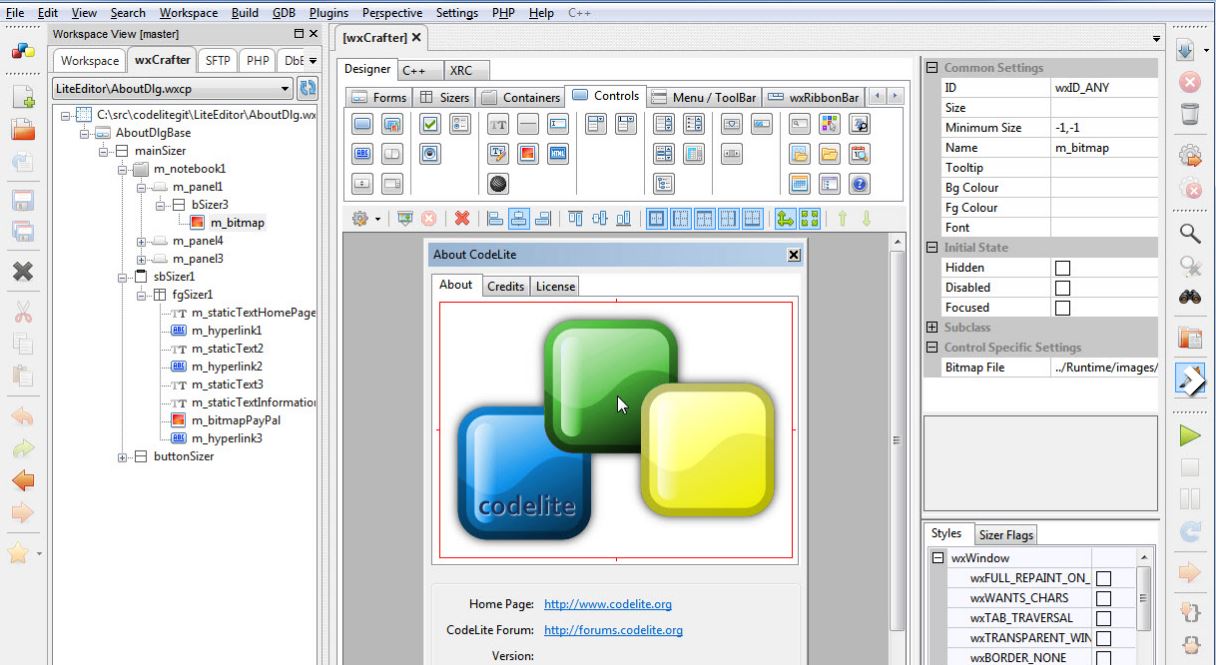

that it actually is closer to C++ than Scheme)? Do users simply have a very skewed idea about what complexity group it falls in (i.e.

Why? Is implementing C so hard? It isn't C++. Whereas the announcement of a new (unfinished) C compiler aiming at verification actually sees some pretty negative responses, and veteran implementations struggle to get enough contributors to even catch up to C99. Even something like SML has more "serious" implementations to choose between than C. Scheme and Forth - other small languages that are beloved by their fans for it - probably have more compilers than actual users. Very few actually seem to be open-source. Half of the members of this list are historical footnotes most of the rest are very specialized and still don't actually implement the full language. There are a handful of others, far too obscure for the average person to name and almost universally not bothering to support a recent language version (or often even a well-defined language subset, just "a subset"). Thinking about it for a few seconds you'll probably remember Intel exists as well. On the desktop, there are (realistically) two: GCC and Clang. It's beloved by its users, it's so widely ported that being able to run C is to many the informal definition of a platform, and is praised by its fans for being a "small" language with a relatively clean set of features. It accounts for a huge proportion of existing code and continues to be used for a vast amount of new code. C is one of the most widely-used languages in the world.


 0 kommentar(er)
0 kommentar(er)
